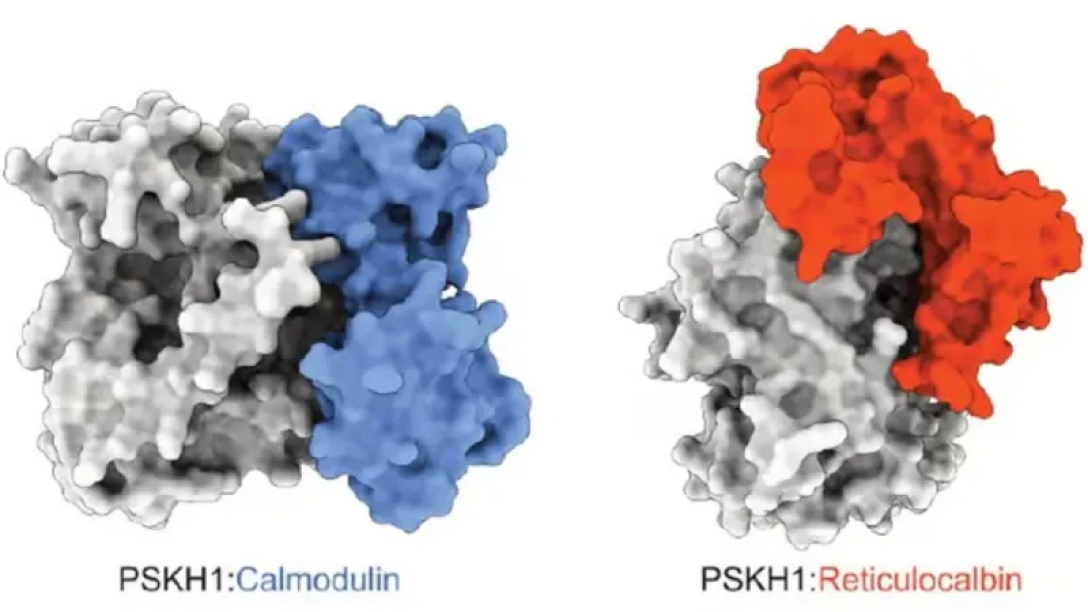Researchers have discovered a "switch" to halt tumor growth, unveiling a new method in the fight against cancer.
A recent breakthrough by scientists in the field of oncology treatment may offer hope and even salvation for those suffering from prostate cancer. Researchers have uncovered a key mechanism that regulates the activity of a crucial enzyme, protein-serine kinase H1 (PSKH1), which plays an important role in the development of this common disease. By identifying this unusual "switch," researchers have paved the way for the creation of new treatment methods, reports The New Daily.
Prostate cancer ranks second globally in terms of diagnosed cancers among men, with around 1.2 million new cases and over 350,000 deaths recorded annually. The discovery of the regulatory mechanism of PSKH1 marks significant progress in understanding how prostate tumors develop and spread.
The research team established that the activation of PSKH1 depends on its binding to a protein called calmodulin, which initiates a signaling cascade that promotes tumor growth. Conversely, when PSKH1 binds to another protein, reticulocalbin, its activity is suppressed, effectively halting the progression of cancer cells. This nuanced understanding of PSKH1 regulation opens up possibilities for developing targeted therapies aimed at modulating the activity of this enzyme.
Such treatments promise to halt cancer progression with potentially fewer side effects compared to traditional treatment methods like chemotherapy. Professor James Murphy from WEHI, a co-author of the study, emphasized that this discovery provides new opportunities for developing drugs capable of stopping the progression of relevant types of cancer at their roots.

In addition to prostate cancer, hyperactivity of PSKH1 has been linked to other malignant tumors, including lung and kidney cancer. Therefore, therapies targeting PSKH1 may have broader applications, offering hope for improved treatment outcomes across various cancer types, according to the authors.
By focusing on specific molecular factors in disease progression, researchers can develop more effective and less harmful treatment methods for patients. As the scientific community continues to explore the role of PSKH1 in cancer progression, this study represents a promising step toward more advanced and patient-friendly therapeutic strategies for combating the disease.
Important! This article is based on the latest scientific and medical research and does not contradict them. The text is for informational purposes only and does not contain medical advice. For a diagnosis, please consult a doctor.